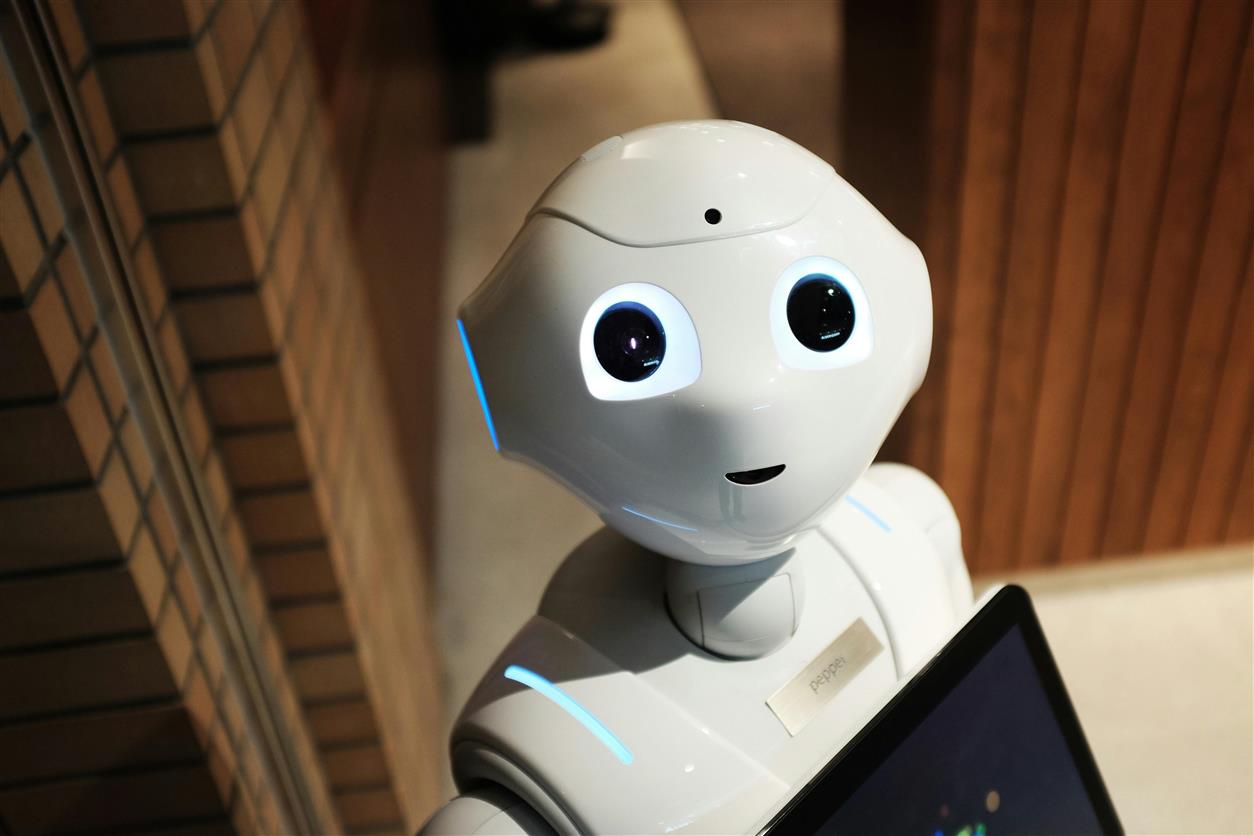
In the early 20th century, assembly lines revolutionized manufacturing. In the late 20th century, computers transformed offices. Today, artificial intelligence is reshaping nearly every sector—faster and more broadly than any previous shift. As algorithms begin to perform not just physical tasks but cognitive ones—writing code, analyzing legal documents, even creating music—many are asking: What happens to all the jobs?
One idea, once considered fringe, is now gaining serious attention from economists, politicians, and business leaders alike: Universal Basic Income (UBI).
At its core, UBI is a simple concept. Every citizen receives a fixed amount of money from the government, no strings attached. It doesn’t matter whether they are employed, wealthy, or in need—everyone gets the same amount, regularly and unconditionally.
Supporters argue that UBI could help stabilize economies in the face of widespread automation. Critics worry about costs, incentives, and unintended consequences. But with AI accelerating changes in the labor market, the debate is becoming more urgent and less theoretical.

The Growing Shadow of Automation
For years, automation replaced jobs at the lower end of the wage scale—cashiers, factory workers, and truck drivers. But the recent wave of AI-driven tools has begun affecting white-collar professions: finance analysts, paralegals, graphic designers, and even software engineers.
Tools that can generate reports, write marketing copy, or analyze patient data are not just support systems—they’re becoming substitutes. While new types of jobs may emerge, the pace at which old ones are being reshaped or removed is outpacing traditional retraining models.
For the average worker, this means an uncertain future. Lifelong careers are becoming shorter. Employment gaps may widen, especially for older workers or those without access to new training. UBI enters this picture as a possible stabilizer—a way to give people time, space, and a safety net as the labor landscape shifts.
Pilot Programs and Real-World Evidence
UBI is no longer a purely academic idea. Countries and cities around the world have experimented with versions of it, offering glimpses into how it could work.
- Finland (2017–2018) conducted a trial where 2,000 unemployed citizens received monthly payments with no requirement to seek jobs. The results showed modest improvements in well-being and reduced stress, though employment effects were minimal.
- Stockton, California (2019–2021) gave $500 a month to 125 randomly selected residents. Recipients found full-time employment at higher rates than non-recipients, challenging the assumption that free money makes people stop working.
- Kenya, through the nonprofit GiveDirectly, is running one of the largest and longest UBI experiments, focusing on rural villages and their economic development over more than a decade.
These pilots suggest that when people are given financial breathing room, they don’t necessarily become idle. Many use the money to start small businesses, pursue education, or care for family members—activities that aren’t always captured by traditional labor metrics but are vital to a healthy society.

Economic and Social Arguments for UBI
Supporters of UBI make several points:
- It reduces poverty directly. Unlike complex welfare systems with eligibility thresholds and administrative layers, UBI is simple and universal. Everyone gets it, which removes the stigma and bureaucracy often associated with welfare.
- It supports unpaid labor. Caring for children, elderly parents, or the community often goes uncompensated. UBI values this work indirectly by allowing people to do it without falling into financial ruin.
- It acts as a buffer during disruption. As industries shift due to AI and other technologies, UBI could help people transition—whether that means retraining, moving to a new field, or taking time to rethink their career.
- It encourages risk-taking. With a basic level of security, people might be more willing to start businesses, explore creative work, or leave toxic workplaces—choices they might avoid when living paycheck to paycheck.
The Challenges and Criticisms
UBI also comes with serious questions and concerns.
Cost is the biggest hurdle. Providing even a modest monthly payment to every adult in a country is a massive undertaking. Critics ask: Where would the money come from? Higher taxes? Cuts to other programs? Some argue it would require a fundamental restructuring of how governments budget and prioritize spending.
There’s also the fear of inflation—if everyone suddenly has more cash to spend, will prices rise in response, neutralizing the benefit?
Others worry about work disincentives, especially in societies where identity is strongly tied to employment. While pilot studies show modest or no drop in workforce participation, scaling a program nationally may produce different results.
A more philosophical critique is that UBI doesn’t address the root of inequality—it simply distributes a blanket amount of money without changing the underlying systems that create economic disparity. Some believe more targeted interventions—like job guarantees, wage subsidies, or expanded public services—would be more effective and equitable.
Big Tech’s Role in the Conversation
Interestingly, many UBI advocates come from the tech sector itself. Leaders from companies like Meta, Tesla, and OpenAI have voiced support, acknowledging that their own creations are likely to reduce the need for human labor.
In their view, UBI is not just a policy experiment—it’s a moral imperative. If machines are creating wealth with less and less human input, then the profits should not simply accumulate among a few. They argue for new models of wealth distribution that reflect this new reality.
Some propose funding UBI through taxes on automation, data usage, or digital platforms. Others suggest nationalizing portions of AI-driven industries, with profits redistributed as dividends to the public.

A Moment of Reckoning
Whether UBI becomes a mainstream policy or not, its rise in public discourse reflects a deeper truth: the current model of work and compensation is under stress. AI may not cause mass unemployment overnight, but it is clearly shifting the balance between labor and capital, speed and stability.
In that context, UBI is not just an economic proposal—it’s a cultural one. It asks what kind of society we want to build in the face of profound technological change. Should income be tied to a job? Should everyone be guaranteed a baseline, regardless of market value? What responsibilities do governments, companies, and citizens share in navigating this transformation?
These questions have no easy answers. But one thing is becoming clear: the old assumptions about work, value, and security are no longer holding firm. As the ground shifts beneath us, ideas like UBI are moving from the fringes to the center of the conversation—not because they are perfect, but because the alternatives may no longer be enough.






